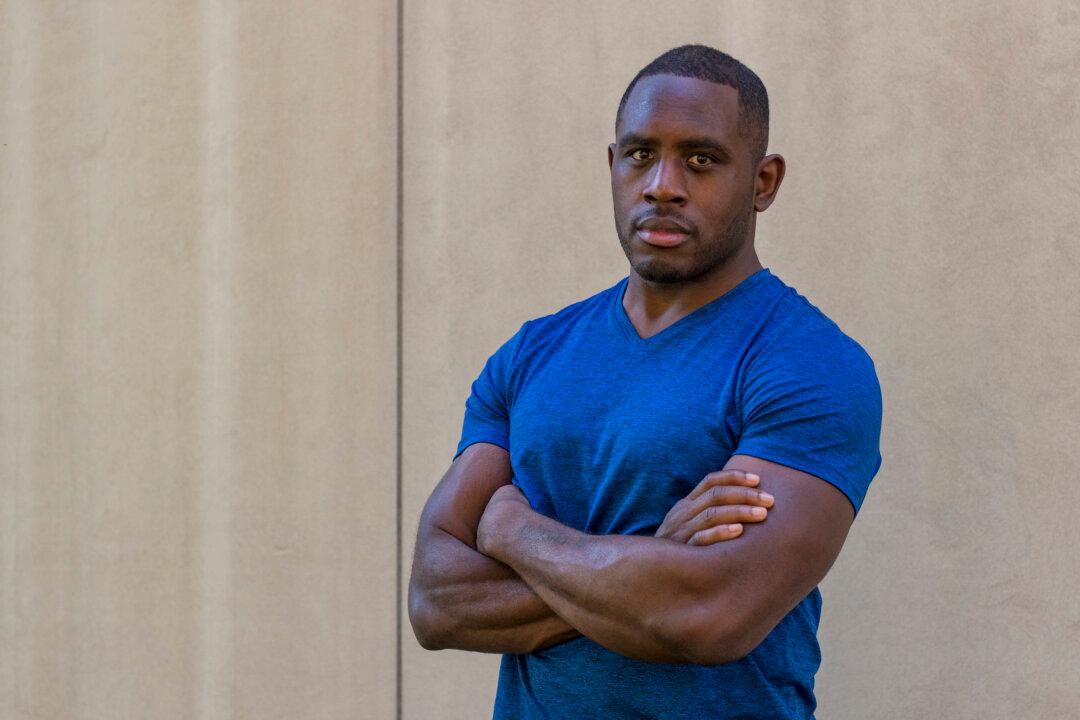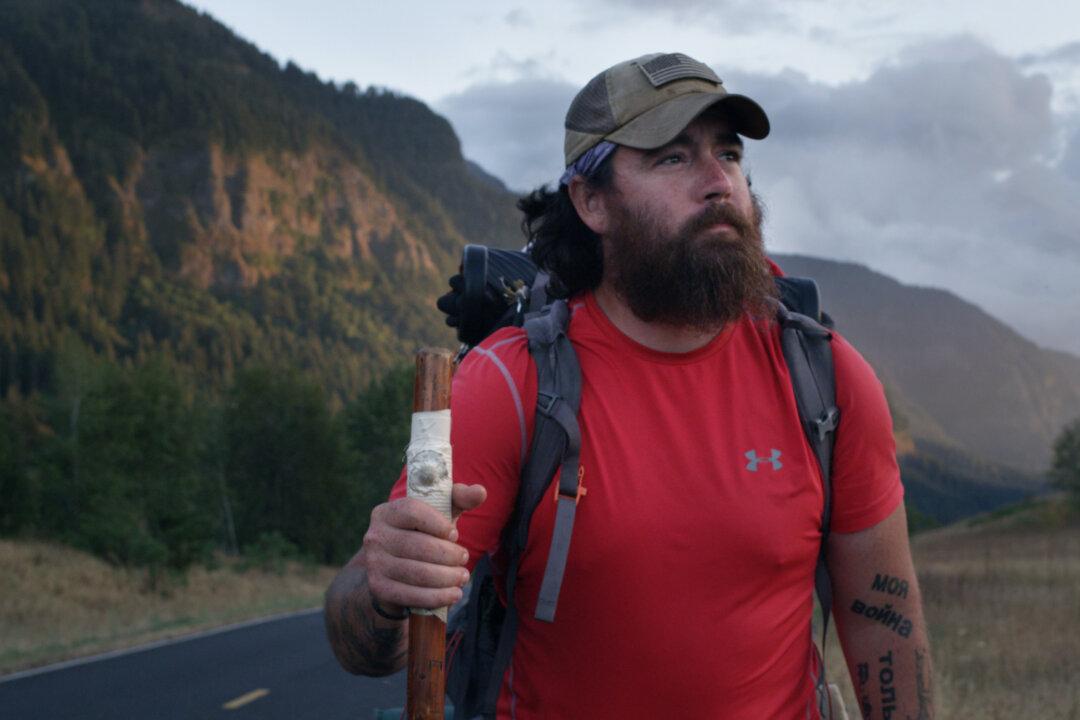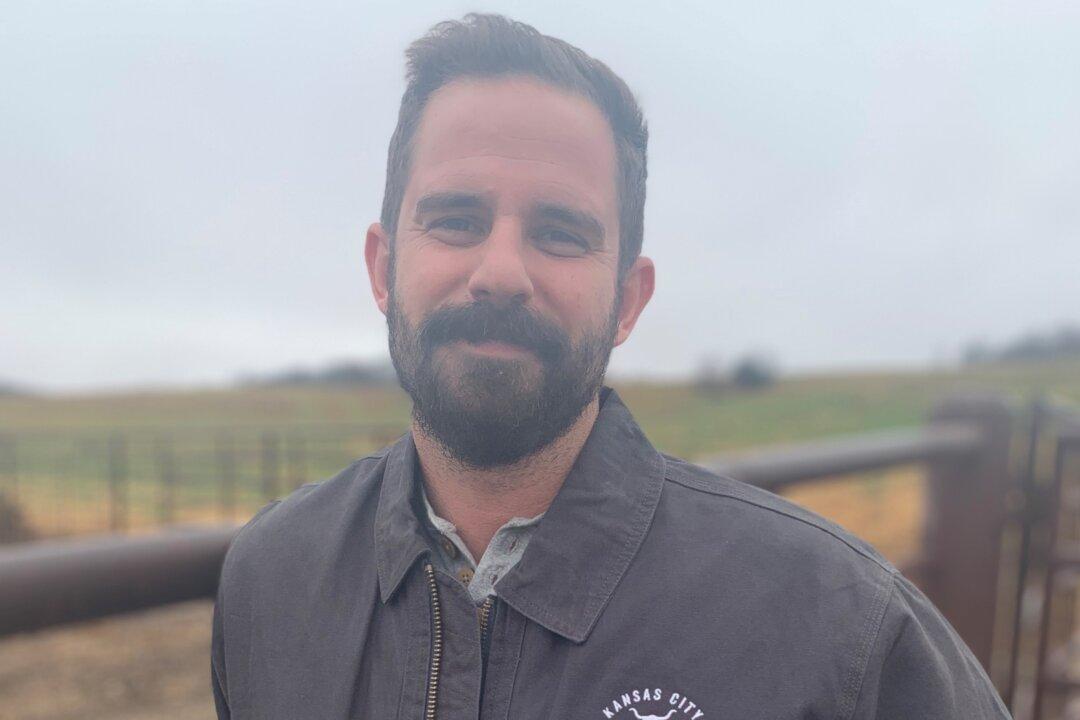NEW YORK–All it takes is one experience to become addicted to cocaine. For Alan Charles, the end of his baseball career and the loss of his first love led to 24 years of addiction.
Charles grew up in Yonkers, N.Y., in a dysfunctional family. Everything seemed normal until Charles turned nine years old. After his father passed away, his mother could not handle the loss of her husband and the responsibility that came with raising two boys on her own. The family was broken and she was unemployed.






